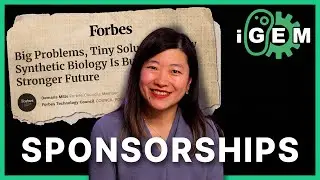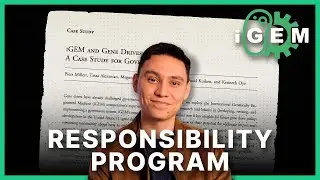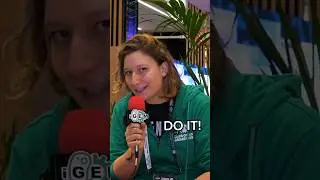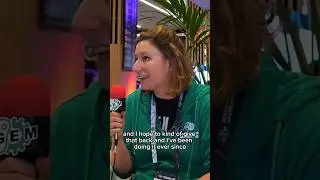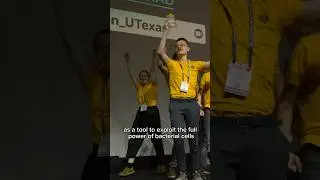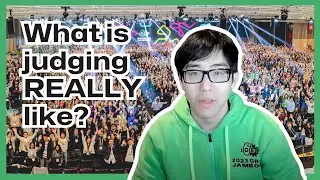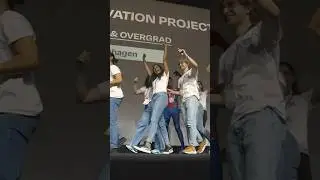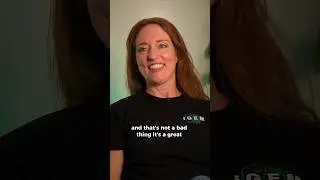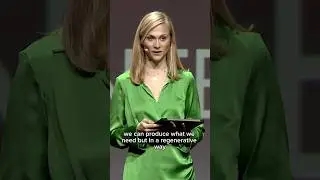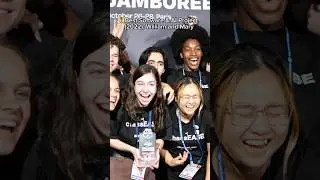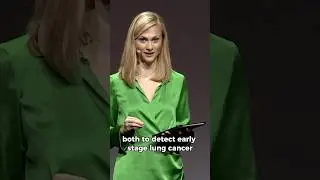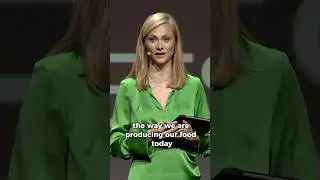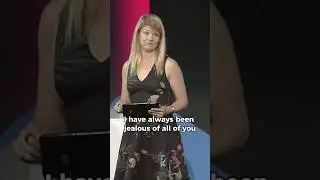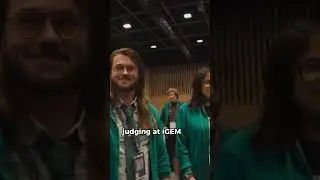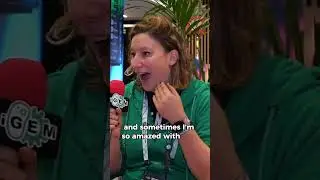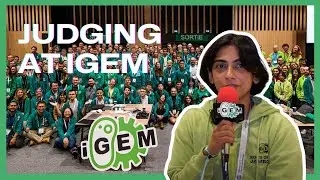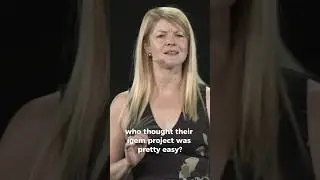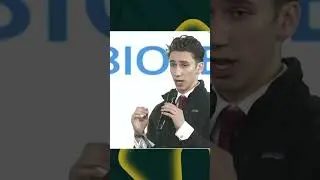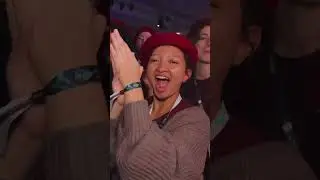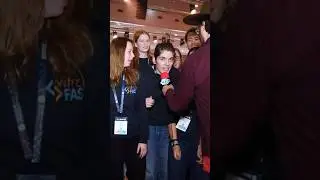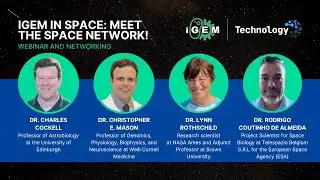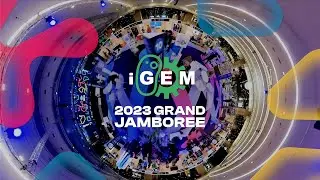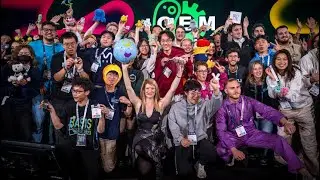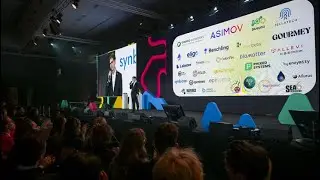iGEM in Space: Meet the Space Network
The 2024 early season iGEM Space Initiative Webinar served as a kick-off for teams working on space exploration. It was a virtual event to emphasize the importance of SynBio applied to space exploration and to shed light on the feasibility of conducting a project on the topic to present and future iGEMers.
Panelists:
Dr. Charles Cockell is professor of astrobiology at the University of Edinburgh. His research interests cover life in extreme environments, the habitability of extraterrestrial environments, and space biology, using laboratory, field, orbital and other space platforms to investigate fundamental and applied questions in microbiology.
Dr. Christopher E. Mason is a Professor of Genomics, Physiology, Biophysics, and Neuroscience, at Weill Cornell Medicine and Director of the WorldQuant Initiative for Quantitative Prediction. His laboratory creates and deploys new genomics technologies and predictive algorithms for medicine, which helps to ameliorate human disease and lays the foundation for long-term human survival on other planets. Dr. Mason’s work spans more than 300 peer-reviewed papers, five patents, five diagnostics tests, and the foundation of 10 biotechnology companies and 3 non-profits. Dr. Mason also holds affiliate faculty appointments at the New York Genome Center, Yale Law School, and the Consortium for Space Genetics at Harvard Medical School. He is the author of The Next 500 Years: Engineering Life to Reach New Worlds and The Age of Prediction.
Dr. Rodrigo Coutinho de Almeida is a member of the Life Sciences team in the SciSpacE program at ESA's Human and Robotic Exploration (HRE) Programmes Directorate, currently working at Telespazio Belgium S.R.L. With a PhD in Genetics, he has conducted research on genome-wide association studies and the non-coding genome. He has also delved into exploring high-dimensional omics datasets for patient classification and biomarker identification in complex diseases. Dr. Coutinho de Almeida's role involves scientific coordination of SciSpacE research activities in Biology across various mission platforms, including ground-based facilities, drop towers, parabolic flights, sounding rockets, orbital robotics capsules, and the International Space Station (ISS). He is also a member of the Multi-Omics/System Biology Working Group for NASA GeneLab.
Dr. Lynn Rothschild, a research scientist at NASA Ames and Adjunct Professor at Brown University, is passionate astrobiologist focusing on the origin and evolution of life on Earth and elsewhere, while at the same time pioneering the use of synthetic biology to enable space exploration. Her research focuses on how life, particularly microbes, has evolved in the context of the physical environment, both here and potentially elsewhere. A graduate of Yale, Indiana University and Brown, she has brought her imagination and creativity to the burgeoning field of synthetic biology, articulating a vision for the future of synthetic biology as an enabling technology for NASA’s missions, including human space exploration and astrobiology. From 2011 through 2019 she served as the faculty advisor of the award-winning Stanford-Brown iGEM (international Genetically Engineered Machine Competition) team, which has pioneered the use of synthetic biology to accomplish NASA’s missions, particularly focusing on the human settlement of Mars, and such innovative technologies as biomining (patent pending), mycotecture, BioWires, making a biodegradable UAS (drone) and an Astropharmacy. Her lab tested these plans in space on in the PowerCell secondary payload on the DLR EuCROPIS satellite. A past-president of the Society of Protozoologists, she is a fellow of the Linnean Society of London, The California Academy of Sciences and the Explorer’s Club. She was awarded the Isaac Asimov Award from the American Humanist Association, and the Horace Mann Award from Brown University. She has been a NASA Innovative Advanced Concepts (NIAC) fellow five times. Lynn was formerly Professor (Adjunct) at Stanford where she taught “Astrobiology and Space Exploration” for a decade. She frequently appears on documentaries, TV and radio, and lectures worldwide, including Windsor Castle, Comi Con, TechFestival and the Vatican, and debated de-extinction for an Intelligence Squared USA debate.



![Союзники, которые смогли! [WoT Blitz]](https://images.mixrolikus.cc/video/uTdlkLT3sJ8)




